Best Clear CRM AI Tools for Efficient Management
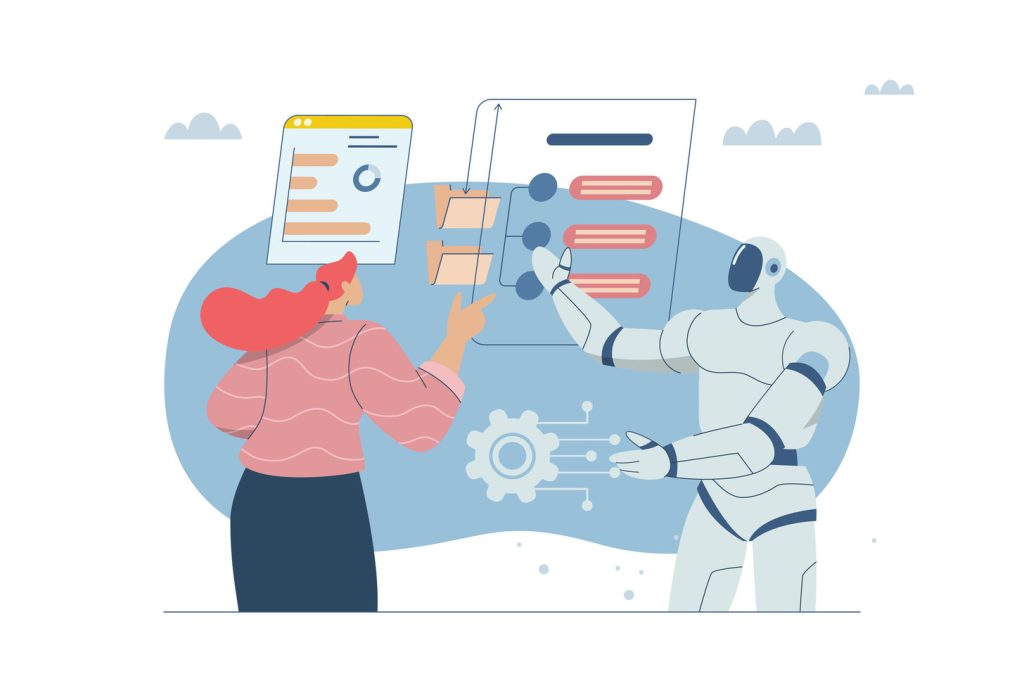
Modern businesses need smarter ways to handle customer relationships. Traditional systems often drown teams in repetitive tasks, leaving little time for meaningful engagement. Enter AI-driven solutions that transform how companies manage workflows and nurture client connections.
These advanced tools automate tedious processes like data entry and lead sorting. Sales professionals regain hours weekly, redirecting energy toward closing deals and building trust. Real-time analytics uncover hidden patterns in customer behavior, enabling teams to act faster on opportunities.
Companies using intelligent platforms report measurable results. One logistics firm saw a 40% drop in manual reporting time within three months. A retail brand boosted conversion rates by 22% using predictive lead scoring. Such outcomes stem from systems that learn and adapt, delivering sharper insights with every interaction.
Key Takeaways
- Automation reduces time spent on administrative work by up to 60%
- Predictive analytics help identify high-value leads faster
- Centralized data improves cross-team collaboration
- Customizable dashboards provide actionable insights instantly
- Scalable solutions grow with evolving business needs
Forward-thinking organizations prioritize tools that evolve alongside market demands. The right platform becomes a growth engine, turning customer data into strategic advantages while keeping teams agile.
Introduction to AI-Driven CRM Solutions
Nine out of ten companies now rely on customer relationship management platforms to stay competitive. With the global market for these tools expected to hit $82.7 billion by 2025, businesses no longer view them as optional. The real shift? Artificial intelligence has turned basic databases into dynamic engines for growth.
Traditional systems focused on storing contacts and tracking sales pipelines. Modern AI-powered CRM tools analyze behavior patterns, predict needs, and automate responses. For example, they might flag high-potential leads or suggest personalized follow-ups based on past interactions.
| Features | Traditional Systems | AI-Driven Solutions |
|---|---|---|
| Data Processing | Manual entry | Automated analysis |
| Customer Insights | Historical reports | Real-time predictions |
| Scalability | Limited by user input | Adapts to data volume |
Retailers using these platforms report 22% higher conversion rates by acting on automated recommendations. Teams spend less time organizing spreadsheets and more time building client trust. A logistics company slashed reporting tasks by 40% after adopting intelligent CRM automation strategies.
These tools don’t just manage relationships—they deepen them. By identifying trends humans might miss, they help businesses deliver tailored experiences at scale. The result? Loyal customers and teams empowered to focus on strategic goals.
The Evolution of CRM: From Manual Data Entry to AI Integration
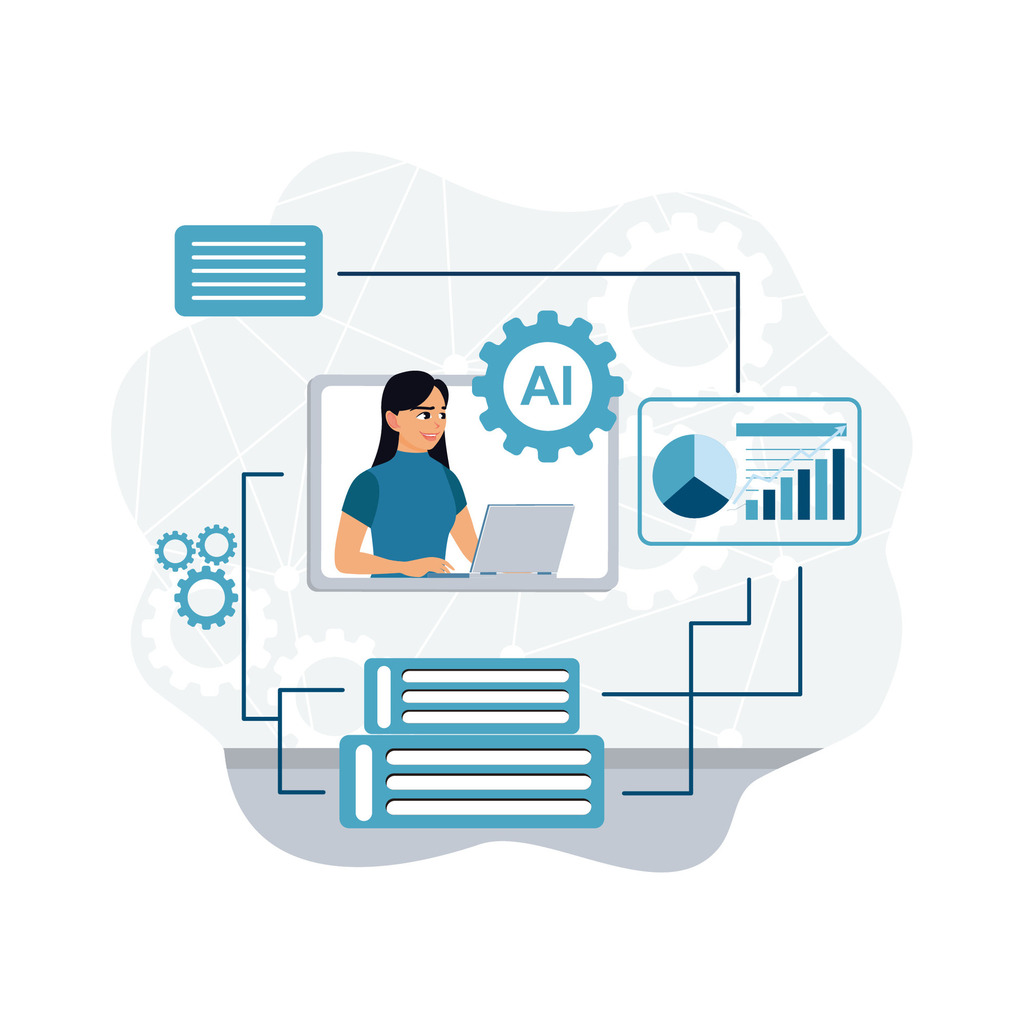
Early 2000s systems barely predicted needs beyond storage capabilities. Teams spent hours updating spreadsheets instead of engaging clients. Today’s platforms turn raw numbers into strategic roadmaps, proving that technology reshapes business outcomes.
Historical Perspective and Technological Advances
Legacy tools functioned as digital filing cabinets—static and labor-intensive. Cloud adoption changed everything. By 2015, 87% of enterprises used software-as-a-service platforms, enabling real-time updates across devices. Mobile integration let sales reps access client histories during field visits. Social media feeds began enriching profiles with behavioral cues.
| Capability | Pre-2010 Systems | Post-2020 Platforms |
|---|---|---|
| Data Collection | Manual entry forms | Automated web scraping |
| Insight Generation | Monthly reports | Instant predictive alerts |
| Integration Scope | Basic email sync | IoT device connectivity |
Market Trends and Data-Driven Insights
Demand surged for systems that analyze customer data without human intervention. A 2023 TechJury study found 63% of businesses prioritize platforms detecting sales trends automatically. One healthcare provider reduced follow-up errors by 38% after adopting predictive tools.
“Modern solutions don’t just store information—they interpret it, turning gaps into opportunities.”
These shifts highlight a truth: manual data practices can’t compete with adaptive intelligence. Companies now seek platforms that evolve as fast as their markets do.
Why Clear CRM AI is a Game-Changer in Customer Relationship Management
Businesses lose an average of 15 hours weekly on manual data tasks—time that could fuel growth strategies. Intelligent platforms now redefine how teams interact with clients, turning routine workflows into revenue-generating opportunities.
Enhancing Customer Engagement and Sales Processes
Automation slashes repetitive work like email sorting and appointment scheduling. Sales teams regain 6-8 hours weekly, redirecting focus to personalized outreach. One tech startup reduced client follow-up time by 35% while improving deal closure rates.
| Metric | Traditional Methods | AI-Enhanced Processes |
|---|---|---|
| Lead Prioritization | Manual scoring (4+ hours/week) | Instant predictive ranking |
| Response Time | 24-48 hours | Under 2 hours |
| Cost Per Acquisition | $230 | $161 |
These systems analyze interaction histories to suggest tailored follow-ups. A retail chain boosted cross-sell conversions by 18% using behavior-based recommendations. Teams also report 22% faster onboarding for new hires through guided workflows.
“Our client retention jumped 40% after implementing adaptive tools that flag at-risk accounts before churn happens.”
Real-time dashboards highlight trends like seasonal demand shifts or emerging product interests. This agility lets companies pivot strategies faster than competitors relying on outdated reports. The result? Stronger relationships and leaner budgets—proof that smart technology drives measurable growth.
Key Features to Look for in Modern AI-Powered CRM Tools
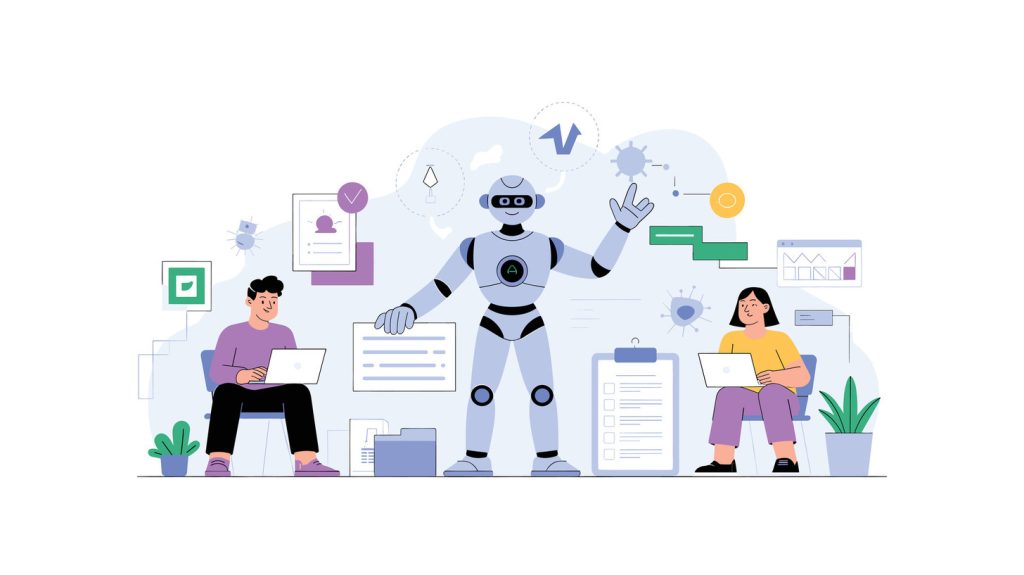
Seventy-three percent of sales leaders prioritize platforms that decode customer emotions while streamlining workflows. Modern systems now combine emotional intelligence with operational precision, transforming how teams interact with clients.
Natural Language Processing and Sentiment Analysis
Advanced tools analyze word choice and tone across emails, calls, and chats. They detect frustration in support tickets or enthusiasm during sales negotiations. This allows teams to tailor responses before issues escalate.
| Capability | Impact |
|---|---|
| Emotion Detection | Flags 89% of at-risk accounts through tone shifts |
| Context Understanding | Reduces miscommunication by 41% in cross-team collaborations |
A 2023 Gartner study found companies using these features like real-time sentiment tracking improved customer satisfaction scores by 19%.
Automated Task Management and Data Entry
Systems now capture details from meetings and emails without manual input. One logistics firm reduced data entry errors by 63% while freeing 11 hours weekly for strategic work.
Key benefits include:
- Automatic logging of call summaries and action items
- Smart reminders for follow-ups based on interaction history
Platforms with intelligent workflow automation cut onboarding time by 30% for new team members. They turn raw data into actionable steps, ensuring no opportunity slips through cracks.
Overview of Top Clear CRM AI Tools in the Market
The customer relationship management arena now showcases diverse platforms blending proven strategies with emerging innovations. Established vendors like Salesforce dominate enterprise adoption, while agile newcomers challenge norms with specialized AI-powered CRM features. This competitive mix gives businesses multiple paths to upgrade their client management workflows.
Market leaders prioritize comprehensive ecosystems connecting sales, marketing, and support teams. Startups often focus on niche capabilities like predictive lead nurturing or real-time sentiment tracking. A 2024 SoftwarePulse study found 68% of mid-sized companies prefer modular systems allowing gradual AI integration.
| Vendor Type | Strengths | Implementation Time |
|---|---|---|
| Enterprise Platforms | Deep third-party integrations | 6-12 weeks |
| Specialized Startups | Industry-specific automation | 2-4 weeks |
Decision-makers should assess three core factors: data migration ease, adaptive learning algorithms, and cross-department visibility. Retailers often benefit from visual pipeline tools, while service teams need omnichannel communication dashboards.
“Platforms offering customizable CRM solutions see 47% higher user adoption rates than rigid systems.”
Pricing models vary widely. Some charge per user with tiered feature access, while others use transaction-based billing. Scalability remains critical—56% of fast-growing firms in a Gartner survey prioritized tools supporting 300%+ data volume increases without performance drops.
This dynamic market empowers organizations to choose partners aligning with their growth timelines and technical maturity. The right selection transforms customer insights into operational leverage, regardless of company size.
HubSpot CRM: Unified Sales, Marketing, and AI Capabilities
Organizations managing 10,000+ contacts often struggle with fragmented workflows. HubSpot’s platform bridges this gap by unifying communication channels and behavioral insights into a single interface. Its machine learning models analyze interactions across email, social media, and calls—creating 360-degree customer profiles accessible to all departments.
Key Features and Integration Benefits
The system’s predictive lead scoring ranks prospects using engagement frequency and content consumption patterns. Sales teams receive automatic alerts when high-potential accounts show buying signals. Third-party integrations with Zoom and Slack sync meeting notes and client requests without manual transfers.
| Feature | Impact |
|---|---|
| Email Template Library | Cuts outreach drafting time by 55% |
| Live Chat Analytics | Boosts support resolution speed by 33% |
| Meeting Automation | Reduces scheduling conflicts by 41% |
Marketing teams use built-in A/B testing to refine campaigns based on real-time performance data. A healthcare SaaS company reported 28% faster lead-to-customer conversions after adopting these tools.
Pricing Plans and Scalability Options
HubSpot offers tiered access to match budget and complexity needs:
- Free Plan: Basic contact management for 2 users
- Starter ($45/month): Email marketing automation
- Professional ($450/month): Predictive analytics
Enterprise plans include custom reporting and AI-driven forecasting. A 2024 Capterra survey found 79% of scaling businesses chose HubSpot for its frictionless upgrade paths between tiers.
“We centralized 14 tools into one platform, reducing software costs by $12,000 annually while improving cross-team visibility.”
Pipedrive’s Visual Pipeline and AI Sales Assistant
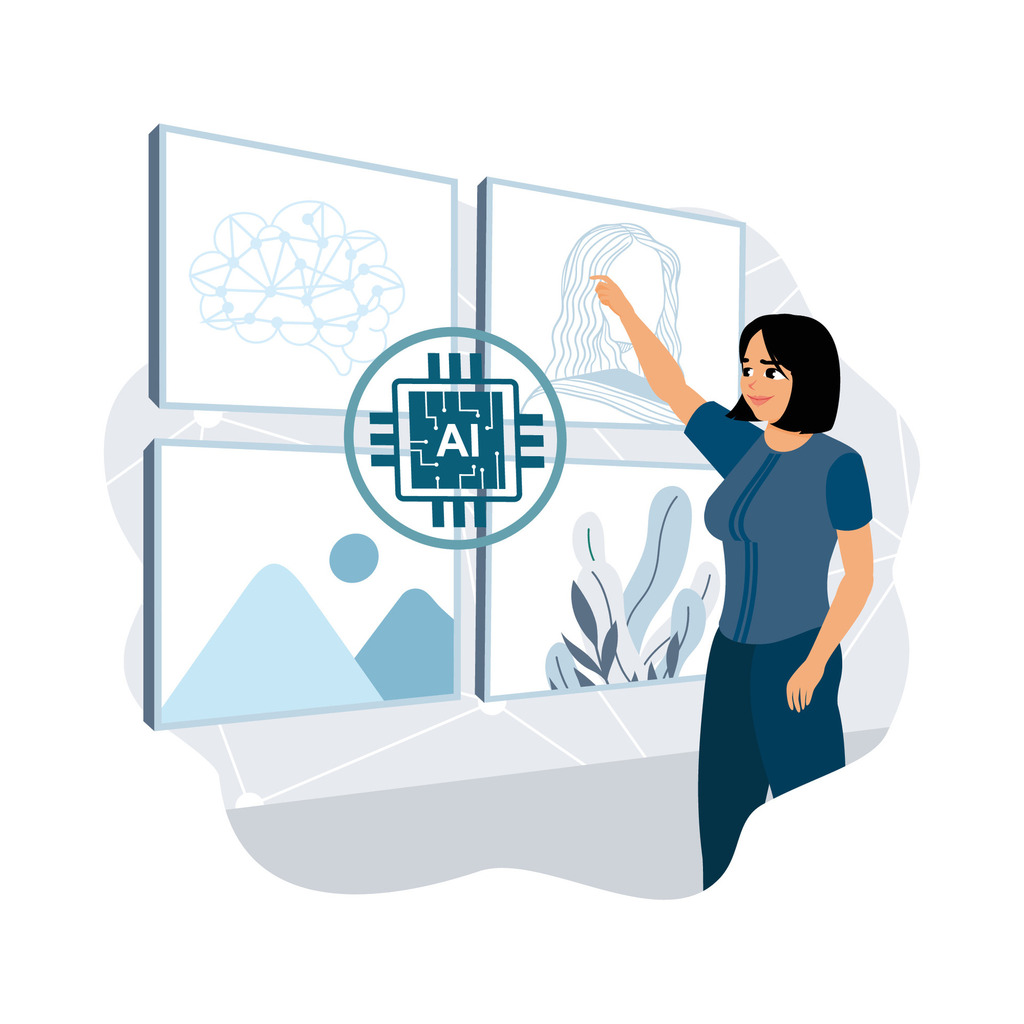
Sales teams often struggle with opaque processes that hide critical opportunities. Pipedrive tackles this challenge through color-coded pipelines and drag-and-drop deal tracking. Its interface lets users customize stages to match unique sales cycles while surfacing stalled deals instantly.
Streamlined Lead Scoring and Workflow Automation
The platform’s AI sales assistant evaluates engagement patterns to prioritize prospects. Automated alerts notify teams when high-potential leads open emails or visit pricing pages. This reduces guesswork in pipeline management by highlighting actionable next steps.
| Plan | Key Features | Best For | |
|---|---|---|---|
| Essential ($19/user) | Basic automation | Email tracking | Startups |
| Advanced ($49/user) | Revenue forecasts | Team goals | Growing teams |
| Enterprise ($99/user) | AI lead scoring | Custom workflows | Large organizations |
Workflows automatically assign tasks when deals move between stages. One SaaS company reduced data entry time by 57% while improving forecast accuracy. Teams report closing 15% more deals monthly after adopting these tools.
“The visual interface cut our weekly pipeline reviews from 3 hours to 45 minutes. Now we spot bottlenecks before they impact quotas.”
Customizable dashboards display real-time conversion rates and team performance metrics. This transparency helps managers allocate resources effectively while maintaining momentum across sales cycles.
Freshworks and Freddy AI: Improving Customer Engagement
Customers expect seamless interactions across every touchpoint. Freshworks meets this demand through unified platforms that merge conversation streams from email, phone, and social media. Teams no longer toggle between apps to track client histories—all data lives in one adaptive workspace.
Omnichannel Communication and Real-Time Dashboards
Freddy AI’s natural language processing scans messages for urgency and intent. Support tickets automatically route to specialists based on expertise, cutting response times by 42% in one case study. The system flags frustrated customers through word choice analysis, prompting immediate escalations.
| Plan | Key Benefits | Best Fit | |
|---|---|---|---|
| Free | Basic inbox management | 3 users | Startups |
| Enterprise ($71/user) | Advanced analytics | Unlimited automation | High-volume teams |
Real-time dashboards display metrics like resolution rates and sentiment trends. Managers spot bottlenecks in customer support workflows before satisfaction scores drop. A telecom company reduced escalations by 31% using these insights to retrain staff.
“Freddy’s predictive alerts helped us resolve 89% of complaints before clients requested supervisors.”
Automated lead scoring prioritizes prospects engaging across multiple channels. Sales teams focus on warm leads while nurturing others through tailored content. This balance between efficiency and personalization drives measurable improvements in loyalty and revenue.
Salesforce Sales Cloud with Einstein AI: Advanced Predictive Analytics

Salesforce dominates 19.8% of the global CRM market, according to 2024 data from Statista. Its Einstein AI engine powers enterprise teams to transform raw data into strategic roadmaps. By merging predictive analytics with scalable workflows, organizations forecast revenue trends and allocate resources with surgical precision.
Forecasting, Custom Dashboards, and Workflow Automation
Einstein’s algorithms analyze historical patterns and market variables to generate 12-month revenue projections. Teams adjust quotas and hiring plans using accuracy rates exceeding 92% in controlled tests. Custom dashboards display real-time metrics like deal velocity and customer engagement scores, replacing static spreadsheets.
| Plan | Key Features | Best For | |
|---|---|---|---|
| Starter Suite ($25/user) | Basic lead scoring | Email integration | SMBs |
| Einstein 1 Sales ($500/user) | AI-driven forecasts | Process automation | Enterprise teams |
Workflows automatically assign follow-ups when deals stall or clients revisit pricing pages. A manufacturing company reduced manual task management by 74% while improving contract renewal rates. “Einstein’s alerts helped us recover $2.3M in at-risk revenue last quarter,” shares a Fortune 500 sales director.
The platform’s lead scoring system evaluates 32+ behavioral signals, including email responsiveness and content downloads. High-probability prospects rise to the top, while cold leads enter nurture campaigns. This approach aligns with findings from industry guides emphasizing data-driven prioritization.
Scalability remains a core strength—Salesforce handles 10M+ records without latency. Customizable AI models adapt to niche industries, from healthcare compliance to SaaS renewal cycles. Decision-makers gain a unified view of operational health, turning insights into actionable growth strategies.
Zoho CRM with Zia: Affordable AI-Driven Innovation
Mid-sized companies often face a dilemma: enterprise-grade tools strain budgets, while basic platforms lack predictive power. Zoho’s solution bridges this gap through Zia, an assistant that identifies sales trends and automates workflows at accessible price points. Teams gain enterprise-level insights without complex implementations.
Tailored Workflows and On-the-Go Access
Zoho stands out with modular customization. Users reshape dashboards, fields, and pipelines to mirror unique processes—a logistics firm reconfigured its platform in 48 hours to track shipment-specific metrics. Mobile apps sync data offline, letting field teams update records during site visits without connectivity concerns.
| Plan | Key Features | Ideal For | |
|---|---|---|---|
| Standard ($14/user) | Basic automation | Sales forecasting | Startups |
| Professional ($23/user) | Advanced analytics | Custom modules | Scaling teams |
| Enterprise ($40/user) | AI anomaly detection | Multi-department workflows | Complex operations |
Zia’s predictions help teams act before opportunities vanish. It flags deals with 78%+ closure odds and alerts managers to unusual drops in customer engagement. One retailer reduced missed follow-ups by 62% using these alerts.
“We caught a 15% revenue dip risk two weeks before it hit our reports. Zia’s insights let us course-correct instantly.”
Real-time sync across devices ensures teams access updated contact management data anywhere. Automated reminders prompt reps to check in with high-value accounts, balancing efficiency with personal touches. This blend of adaptability and affordability makes Zoho a strategic choice for growth-focused SMBs.
Truva: Automated Data Management and Intelligent Sales Support
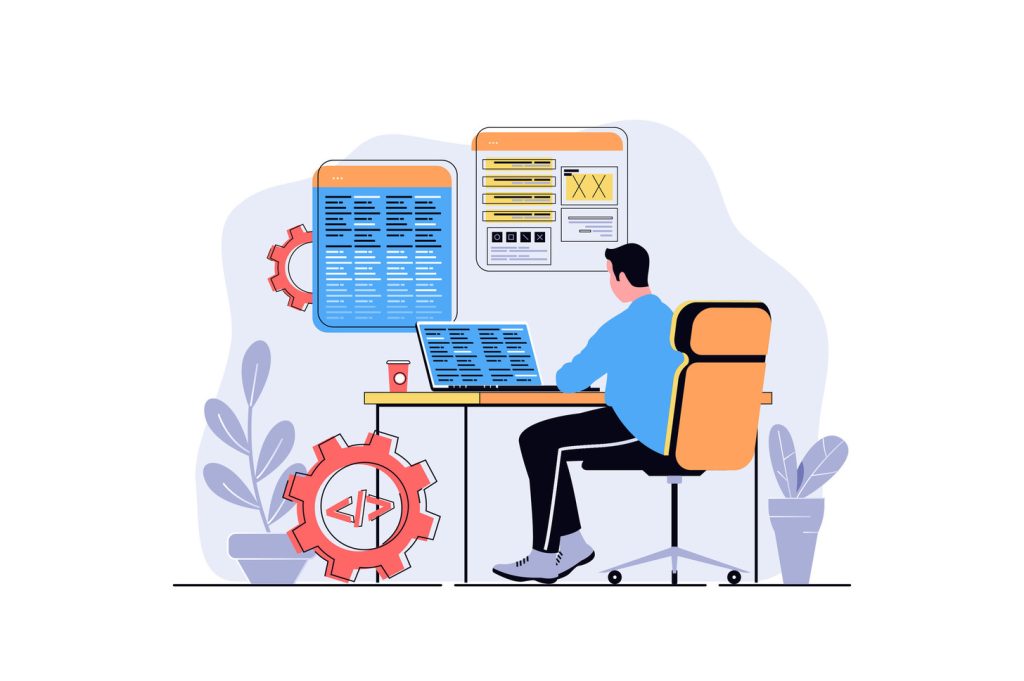
Sales professionals waste 27% of their workweek on administrative chores—time that could fuel revenue growth. Truva tackles this inefficiency head-on by converting scattered interactions into structured workflows. Its system captures every client touchpoint, from handwritten notes to video calls, eliminating manual logging.
Meeting Tracking and Intelligent Task Reminders
The platform automatically records meeting details, including action items and follow-up deadlines. Voice notes transform into searchable text entries, while email threads sync with relevant client profiles. Teams report 31% fewer missed deadlines thanks to automated reminders tied to sales cycles.
| Feature | Impact |
|---|---|
| Custom Data Extraction | Reduces manual entry by 83% |
| Interaction History | Boosts client recall accuracy by 67% |
| Priority Alerts | Cuts response delays by 41% |
One medical device company achieved a 25% productivity jump after implementing Truva’s task automation. Reps now spend 12 more hours monthly on high-value negotiations instead of data organization. The system’s predictive prompts suggest optimal times for check-ins based on past engagement patterns.
“Truva’s automatic updates ensure our team never loses track of client commitments—even during hectic quarters.”
Customizable templates let teams standardize note-taking while capturing unique deal requirements. This balance between structure and flexibility helps organizations scale operations without sacrificing personalization.
SuperAGI’s Agentic CRM Platform: Revolutionary AI-Powered CRM
Unfortunately, fragmented systems create blind spots in customer journeys, costing businesses up to 20% in lost revenue. Fortunately, SuperAGI’s platform eliminates this friction through adaptive agents that unify sales, marketing, and support data. Consequently, teams replace guesswork with coordinated strategies powered by real-time behavioral insights.
AI Agents for Outbound/Inbound Sales and Journey Orchestration
To begin with, intelligent bots handle repetitive tasks like lead qualification and follow-up scheduling. Additionally, they analyze email tone using natural language processing, escalating urgent requests to human reps. As a result, one SaaS company reduced response delays by 38% while maintaining personalized communication.
Initially, the system’s journey mapping tools predict customer needs across touchpoints. Subsequently, a sales assistant suggests optimal contact times based on interaction history and calendar patterns. Meanwhile, marketing teams automatically receive segmented lists for targeted campaigns, resulting in a 27% improvement in conversion rates among early adopters.
Firstly, omnichannel dashboards consolidate data from 15+ sources, including social media and IoT devices. Moreover, predictive models forecast quarterly pipelines with 89% accuracy, helping leaders allocate resources effectively. Consequently, this unified approach turns scattered interactions into cohesive growth strategies—demonstrating that smarter tools drive lasting customer engagement.

